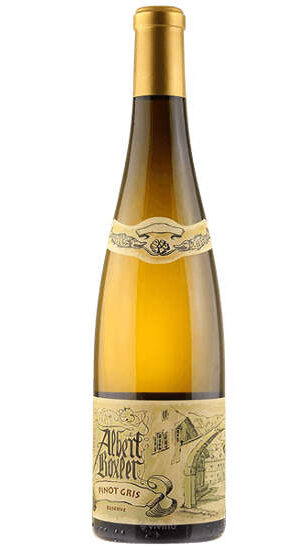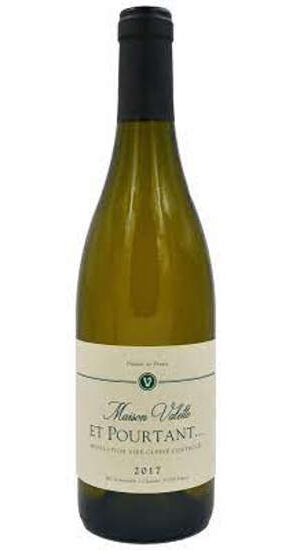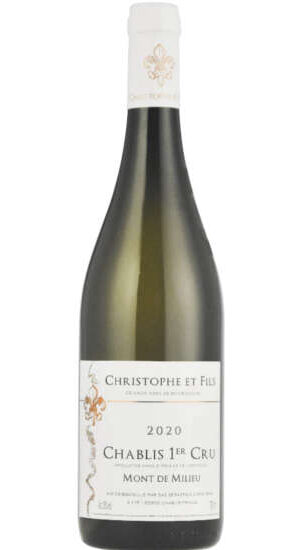2022 Foradori Fontanasanta Nosiola
Out of stock
$94.50
Description
Emilio’s favourite. Strong and mature nose right away. It smells fizzy, like a Mexican soda. Peach flavour I would say. Forget the usual freshness, but not the terpenic side, which is very expressive and shoots bunches of rosemary from the Mediterranean right through your nose hair. Besides Nosiola having a sexual affair with Marsanne/Rousanne this year, I think there was a little escapade to Hungary as well. The texture feels like the warm and soft shoulders of an Eastern Magyar bower or some kind of wizard Nosiola transformed into Houdini’s favourite juice from home. Weird and intriguing notes of Sake finish this globalized clusterfuck from Trentino. Certainly potent in its evolution. – Addley Clark, Importer.
Biodynamic conversion started in 2002 and Demeter
certification in 2007. The winery focuses on the
traditional Trentino varieties of Teroldego, Nosiola &
Manzoni with the former making up the majority of the
winery’s production. The grapes come from two distinct
areas within Trentino, firstly, the Campo Rotaliano, a
flood plain formed by the confluence of the Noce River
into the Adige River surrounded by massive cliffs. The
flooding has deposited huge quantities of limestone,
granite, porphyry and fine sand, perfect for growing
Teroldego. The second area is the hills east of the town
of Trento, located 25 kms south of Mezzolombardo. Here
the elevated Fontanasanta (holy water) estate is planted
to Nosiola and Incrocio Manzoni on the rich red clay and
white limestone soils.
Elisabetta Foradori is largely responsible for resurrecting
Trentino’s much forgotten Teroldego grape from the brink
of extinction, and producing some of Italy’s finest, most
age-worthy wines. The Foradori Granato is consistently
recognised as the international benchmark for Teroldego,
and Elisabetta’s commitment to creating terroir-driven
wines has made her a leading figure in biodynamics and
Italy’s natural wine movement.
From her first vintage as a 20 year-old graduate in 1984,
Elisabetta has sought to improve the quality and depth of
the family estate’s wines. From careful massale selection
of the estate’s Teroldego vines in 1985 in order to cultivate
15 clones in diverse microclimates, to the early adoption
of amphora as a way to enable extended skin contact,
to early conversion to biodynamics in 2002, Elisabetta
has constantly pushed boundaries. All wines are wild
fermented with indigenous yeast and Demeter certified.

















